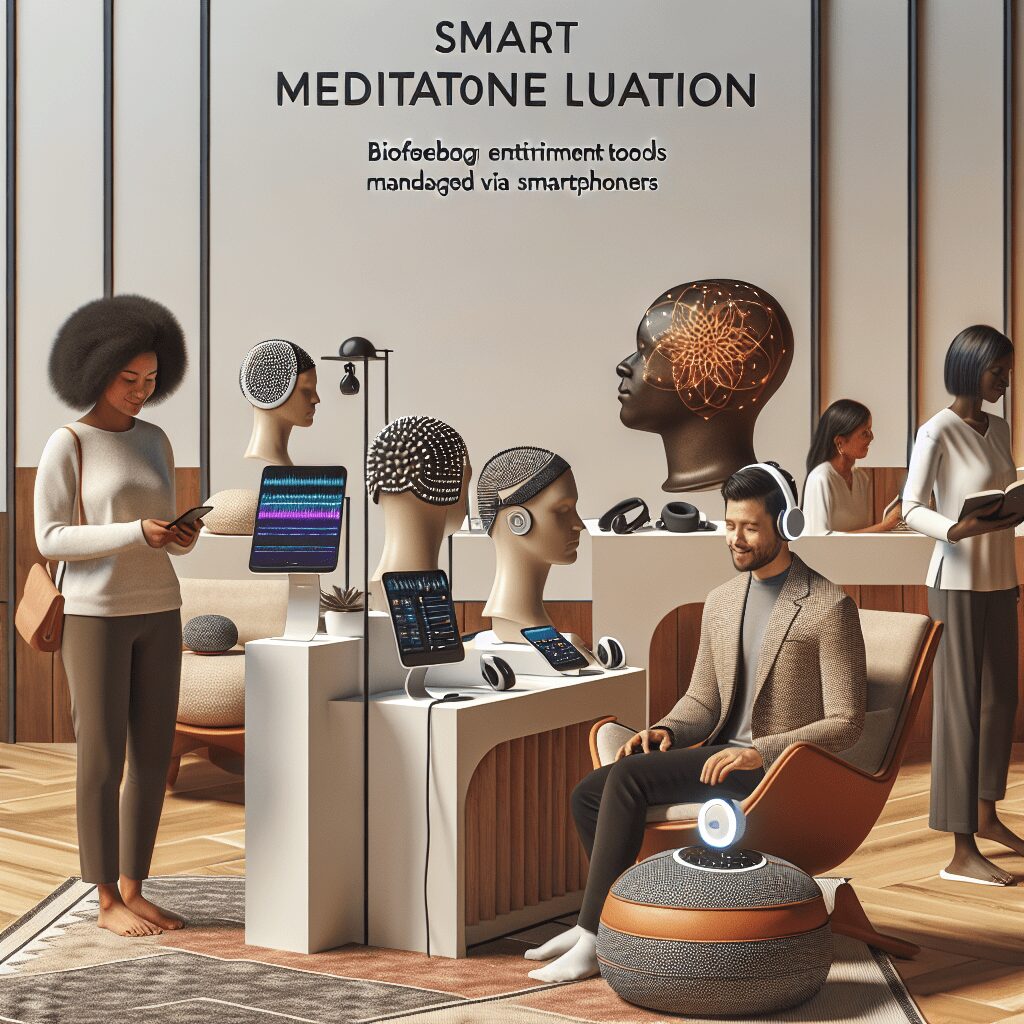
Prioritize your mental well-being daily. Enhance your life by nurturing your mental health with the Smart Meditation app. Break free from stress, alleviate anxiety, and enhance your sleep quality starting today.
Does Meditation Help Alzheimer’s?
Unraveling the Mystery: Does Meditation Hold the Key to Alzheimer’s?
In the whirlwind of modern life, where the clock ticks faster than our hearts, the ancient practice of meditation emerges as a sanctuary of calm. Beyond its serene facade, however, lies a powerhouse of potential benefits, sparking curiosity among scientists and health enthusiasts alike. A question that often surfaces in discussions is: Can meditation be a torchbearer in the gloomy alleys of Alzheimer’s disease? Let’s dive into the depths of this inquiry, armed with facts and a keen eye for detail.
The Science Behind Meditation and Alzheimer’s
Alzheimer’s disease, a formidable foe in the realm of neurodegenerative disorders, gradually erodes memory and cognitive functions. While the search for a cure continues, preventative and mitigative strategies are vital battlegrounds in this fight. This is where meditation, with its stress-busting and brain-boosting credentials, steps into the limelight.
-
Stress Reduction: It’s no secret that stress is a beast we all battle. Yet, what many don’t realize is its nefarious role in exacerbating Alzheimer’s symptoms. Meditation, known for its stress-relieving superpowers, can thus be a game-changer. Through practices like mindfulness and focused attention, meditation helps cool down the stress simmer, potentially slowing the disease’s progression.
-
Cognitive Reserve Enhancement: Think of your brain as a bank where every new skill or memory is a deposit enriching your cognitive reserve. Meditation, by promoting neural plasticity, helps make this ‘bank’ more robust. Studies suggest that regular meditators may enjoy a thicker prefrontal cortex and more grey matter, fortifying the brain against the onslaught of Alzheimer’s.
-
Improvement in Sleep Quality: Poor sleep is both a symptom and a contributor to Alzheimer’s. Meditation, by promoting relaxation, can help break this vicious cycle. Techniques such as mindfulness meditation have shown promise in improving sleep patterns, providing a much-needed reprieve for those grappling with sleep disturbances.
Now, let’s not put all our eggs in one basket. While meditation is a powerful tool, it’s part of a larger arsenal we need to combat Alzheimer’s. A healthy diet, regular physical activity, and mental stimulation are equally important soldiers in this fight.
Practical Tips for Incorporating Meditation Into Your Routine
Eager to give meditation a whirl? Let’s get you started on the right foot. Here are some quick tips to weave this ancient practice into the fabric of your daily life:
-
Start Small: Rome wasn’t built in a day, and neither is a meditation routine. Begin with just a few minutes a day and gradually increase the duration as you feel more comfortable.
-
Find Your Sweet Spot: Whether it’s a tranquil corner of your home or a serene spot in the park, find a place where you can practice uninterrupted.
-
Use Apps: In this digital age, a plethora of apps can guide you through the process. From guided meditations to soothing soundscapes, there’s an app to meet your preferences.
-
Be Consistent: Consistency is key. Try to meditate at the same time every day to establish it as a habit.
-
Keep an Open Mind: Like any new skill, meditation takes time to master. Be patient with yourself and stay open to the experience.
In Conclusion, while the jury is still out on whether meditation can outright prevent Alzheimer’s, the evidence tilting in favor of its beneficial impacts is hard to ignore. By reducing stress, enhancing cognitive reserve, and improving sleep quality, meditation appears to be a promising ally in the ongoing battle against this disease. Remember, though, it’s just a piece of the puzzle. A holistic approach combining a healthy lifestyle, mental stimulation, and perhaps a dash of meditation might just be the recipe for brain health. So, why not give it a shot? After all, in the serene realms of meditation, you might just find the tranquility and resilience your mind has been seeking.





